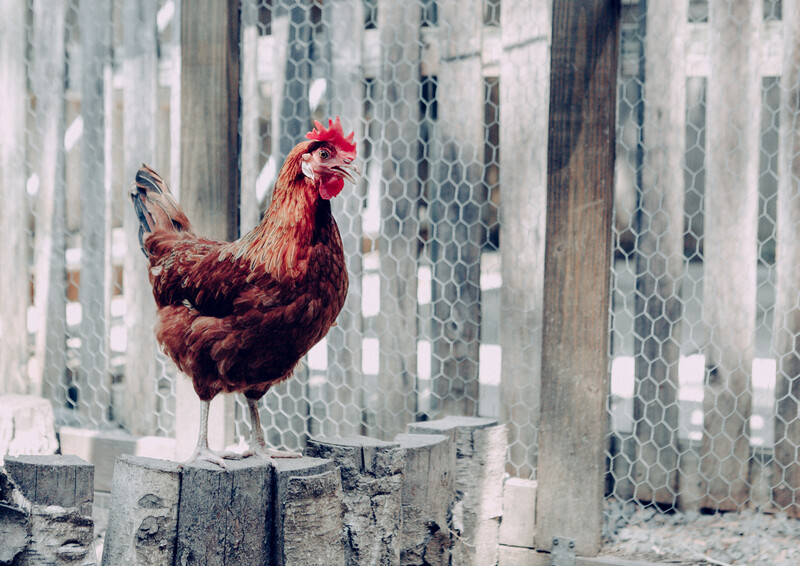If you’re anything like me, you’ve probably considered getting some egg-laying hens after seeing the prices of eggs at the supermarket. Urban chickens have been a growing trend for some time, but is it really cheaper than just buying a dozen eggs in the long run?
What you’ll pay: There are a few initial costs to consider besides the chickens themselves which you can get for anywhere from $5 to $50 depending on the breed (I am personally intrigued by the “Urban Meatball” bird.)
-
Food: It costs between 15 to 20 cents a day to feed one chicken a basic diet, but you could let them peck for tasty insects as a supplement. Grit is also an essential part of a chicken’s diet and costs about $10 to $12 depending on which type you buy.
-
Housing: It’s important to provide shelter that will protect from predators both on the ground (coyotes, raccoons) and the sky (hawks.) You can buy a coop or build one yourself but don’t forget you need nesting material and an absorbent ground cover inside.
- Healthcare: Chickens live up to 10 years so you’ll want to keep your chickens as long and healthy as possible! Expert egg raisers suggest getting your chickens tested for worms, and a de-wormer is relatively inexpensive at $16.39.
What you’ll save: This is more of a cost vs quality equation—raising your own chickens is undoubtedly more expensive than just buying them at the store.
- But most chickens live in pretty horrible conditions and the eggs they produce don’t compare to what comes from a happy backyardigan.
- And hens only lay about one egg a day on average, so if you’re hosting a frittata party, you might still need to shell out some money for additional eggs.
So, is it worth it? Eggs from backyard chickens are more expensive, especially in the first year when you need to plunge money into buying the flock, building the coop and raising the non-laying chicks into mature hens which takes about six months.
- Outdoor expert Carson Arthur said his home grown eggs still cost about twice as much as store bought, but he feeds his flock premium ingredients and considers them part of the family.
Bottom line: If you care about the welfare of food producing animals, then paying a bit more for a high quality egg from a happy hen might be worth the extra dough.
